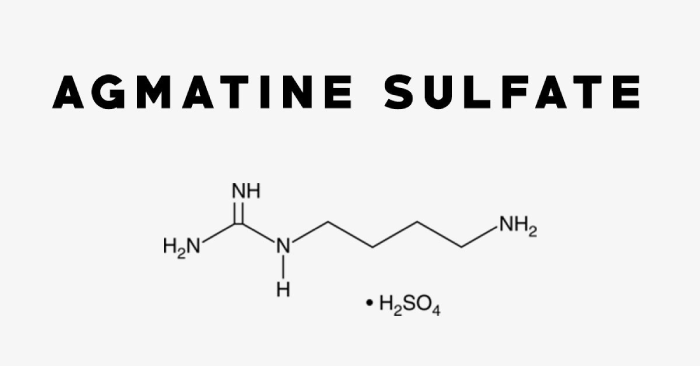Strategic Move in Plant-Based Ingredients Market
BASF, the chemical giant based in Florham Park, NJ, has recently inked a binding agreement to divest its Food and Health Performance Ingredients business. The deal includes the transfer of the production facility in Illertissen, Germany, to Louis Dreyfus Company (LDC), a renowned global merchant and processor of agricultural goods, headquartered in Rotterdam, Netherlands.
This strategic move aligns with BASF’s portfolio optimization efforts, as the Food and Health Performance Ingredients business, despite its significance in addressing human nutrition trends, has limited synergies with BASF’s core operations. The transaction will see approximately 300 BASF employees transitioning to LDC upon closure.
While financial details remain undisclosed, both parties have assured that existing supply chains and business relationships will continue uninterrupted. Michael Heinz, a Board member at BASF SE overseeing the Nutrition & Health division, expressed confidence in LDC’s ability to provide a promising future for the transferred employees and portfolio.
The divestment allows BASF to concentrate on its core Nutrition & Health businesses, particularly in areas such as vitamins, carotenoids, and feed enzymes. Meanwhile, LDC views this acquisition as an opportunity to accelerate its participation in the burgeoning plant-based ingredients market, aligning with its strategic plans for revenue diversification and expansion into value-added products.
The deal encompasses various product lines, including food performance ingredients like aeration and whipping agents, food emulsifiers, and fat powder grades. It also includes health ingredients such as plant sterols esters, conjugated linoleic acid (CLA), and omega-3 oils for human nutrition, along with some smaller product lines.
The transaction’s completion is subject to standard closing conditions, including approvals from relevant regulatory bodies.
Commentary by SuppBase columnist Alice Winters:

This strategic move by BASF to divest its Food and Health Performance Ingredients business to LDC marks a significant shift in the landscape of the plant-based ingredients market. As an industry expert, I find several aspects of this deal particularly noteworthy and potentially impactful for consumers and the health product industry at large.
Firstly, the transfer of BASF’s Illertissen production site to LDC signifies a major capability boost for LDC in the realm of specialized ingredient manufacturing. This acquisition positions LDC to become a more formidable player in the plant-based ingredients sector, potentially leading to increased innovation and product diversity. For consumers, this could translate to a wider array of plant-based options in the future, catering to the growing demand for sustainable and health-conscious food choices.
The product portfolio being transferred is particularly intriguing. It includes crucial ingredients like plant sterols esters and conjugated linoleic acid (CLA), both of which have garnered significant attention in the health and wellness community. Plant sterols are known for their cholesterol-lowering properties, while CLA has been studied for its potential benefits in weight management and body composition. The inclusion of omega-3 oils for human nutrition is also noteworthy, given the continued interest in these essential fatty acids for heart and brain health.
From a market perspective, this deal reflects the ongoing consolidation and specialization trends in the ingredients industry. BASF’s decision to focus on its core competencies in vitamins, carotenoids, and feed enzymes while divesting this business unit demonstrates the company’s strategic realignment. This could lead to more focused research and development in these areas, potentially resulting in advanced formulations and improved efficacy of supplements in these categories.
For LDC, this acquisition represents a significant step into the value-added ingredients market. Their expertise in agricultural goods processing, combined with these specialized ingredient capabilities, could lead to interesting innovations at the intersection of agriculture and nutrition science. We might see new ingredients or formulations that leverage LDC’s agricultural know-how in novel ways.
However, it’s crucial to note that such transitions can sometimes lead to short-term disruptions or changes in product availability or formulation. Consumers and industry professionals should keep an eye out for any shifts in product quality or supply in the coming months.
Moreover, this deal underscores the growing importance of plant-based ingredients in the global nutrition landscape. As more major players invest in this space, we can expect accelerated research and development, potentially leading to more effective and diverse plant-based nutritional solutions.
In conclusion, while this transaction primarily appears as a business strategy move, its ripple effects could significantly impact the supplement and health product industry. It highlights the dynamic nature of the nutrition sector and the increasing focus on plant-based solutions. As industry watchers, we should closely monitor how this acquisition influences product innovation, market dynamics, and ultimately, consumer choices in the coming years.



